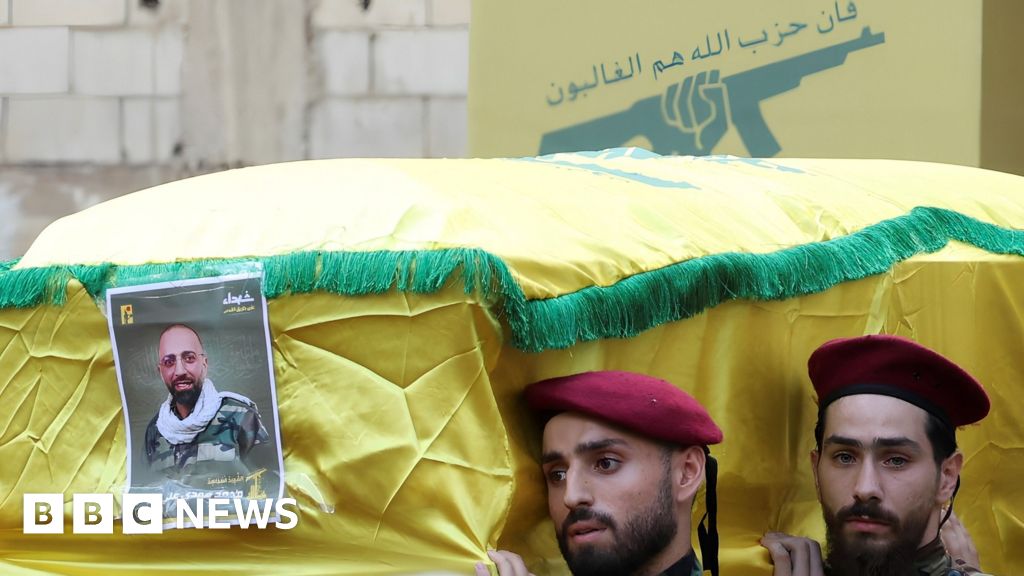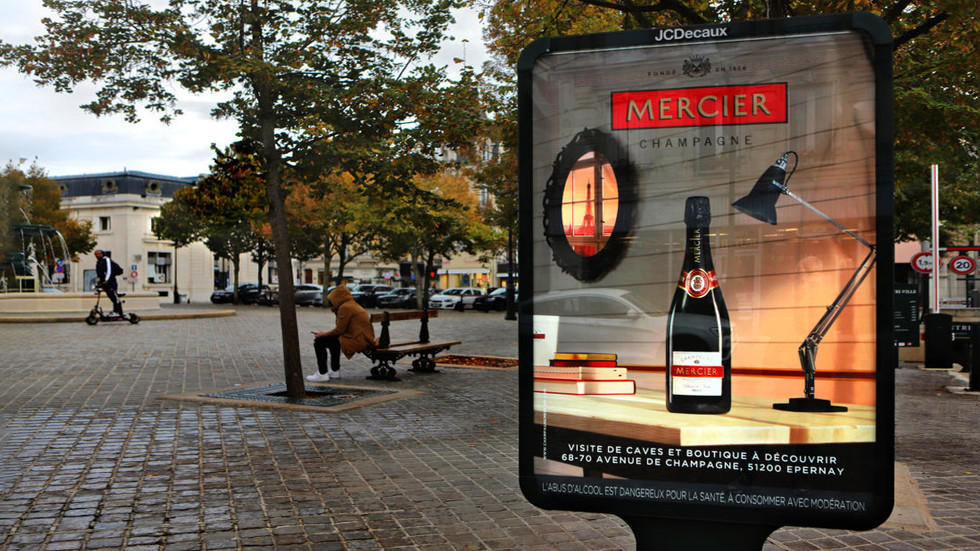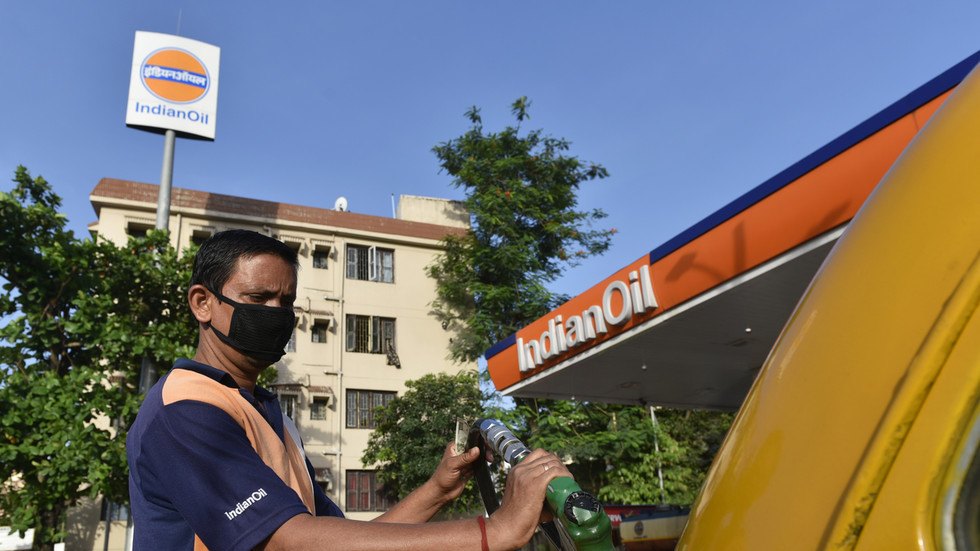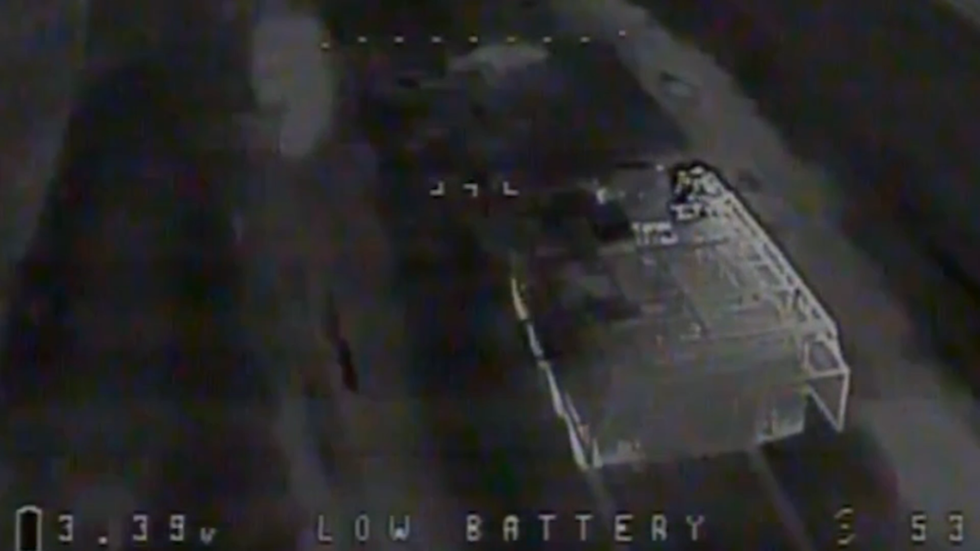After weeks of tension that saw the Central Bank of Libya (CBL) shuttered, salaries go unpaid and cash vanish, the country’s two rival governments appeared ready to accept a United Nations-brokered agreement to resume operations, before once more reverting to a deadlock familiar to many in the country.
The internationally recognised Government of National Accord (GNA) in the west had tried to replace CBL Governor Sadiq al-Kabir, accusing him of mishandling oil revenues and going to the extent of sending armed men in to remove him from his office.
Angered, the Government of National Unity (GNU) in eastern Libya, which is supported by renegade commander Khalifa Haftar, shut down much of the country’s oil production, which it controls, in protest.
“This is serious,” said Jalel Harchaoui, an associate fellow with London’s Royal United Services Institute. “The CBL, although weaker now than it was a few years ago, remains a linchpin to the nation’s access to hard currency.”
He added that the CBL funds most of Libya’s imports of food, medicines and other staples, which the country cannot last long without.
The clash is the latest battleground in the 13-year rivalry between political and military elites that has dogged Libya since the overthrow of long-term ruler Muammar Gaddafi in 2011.
Since then, various analysts say, life in Libya has deteriorated as fighting has continued between rival Libyans and as the international community has tried to preserve the rule of a political and military elite, convinced they are the best for stability and for the proclaimed goal of “unifying Libya”.
Why the central bank?
As well as holding Libya’s vast oil wealth, the CBL unified Libya’s eastern and western “central banks” in one body to manage the salaries of civil servants and soldiers from both governments and build confidence that recovery was possible.
After the GNA-GNU struggle over who would head the CBL, al-Kabir fled the country, claiming that he took the access codes for bank deposits with him, leaving the bank isolated from international financial networks.
Asim al-Hajjaji, director of the CBL compliance department, said international contacts had been restored, although Al Jazeera understands that most international trading remains suspended.
 Soldiers guard the gate of the Central Bank of Libya in Tripoli, on August 27, 2024 [Yousef Murad/AP Photo]
Soldiers guard the gate of the Central Bank of Libya in Tripoli, on August 27, 2024 [Yousef Murad/AP Photo]Meanwhile, oil exports have plunged to a new low, salaries are uncertain and everyday life for about six million Libyans is in turmoil.
“The United Nations is talking about talks, which is a sure sign we’re nowhere near resolution,” Tarek Megerisi, a senior fellow at the European Council on Foreign Relations, said of negotiations to restart operations at CBL.
The West, which typically backs the GNA despite it being responsible for much of the uncertainty, “doesn’t know what to do, or really has the bandwidth to do it. They’re dealing with wars in Gaza and Ukraine,” he said.
“It’s just too much. In Libya, international efforts to achieve any kind of just settlement have lost momentum.”
And this is far from the first time.
Over more than a decade of uncertainty and war, analysts say, the international community’s efforts focused on shoring up the country’s elites in the hope that might lead to stability.
The latest talks over the CBL appear little different, with access to the millions of dollars in assets of primary interest to the country’s elites, and access to the services and certainty craved by much of the population seemingly an afterthought, analysts told Al Jazeera.
Elite bargains presiding over endless turmoil
“Preventing a shooting war has come to be seen as the only international strategy in Libya,” Tim Eaton, a senior fellow at Chatham House who contributed to a paper on the international practice of prioritising powerful elites, told Al Jazeera.
“It’s death by a thousand cuts,” Harchaoui said.
“Everyone’s talking about a return to the status quo as if there were ever a neat, static equilibrium,” he noted. “This was never the case. Even when things appeared quiet, the arrangements were continually decaying and degrading. And that gradual deterioration is what suddenly became visible last month with the CBL crisis.”
National elections, or even a framework that might lead to them, remain a distant prospect after the last vote, initially scheduled for December 2021, was postponed after infighting.
“Any move towards holding national elections has been blocked,” Eaton said. “Both [Abdul Hamid] Dbeibah [head of the GNA] and Haftar might say they want elections tomorrow, but they only really want their side, or at least their proxies, on the ballot paper.”
Both governments continue to rule separately, while their members, allies and militias profit from smuggling in both people and fuel and unregulated cross-border trade.
 Members of the so-called ‘Libyan National Army’, commanded by Khalifa Haftar, get ready to head out of Benghazi to reinforce troops advancing to Tripoli, in Benghazi on April 13, 2019 [Esam Omran Al-Fetori/Reuters]
Members of the so-called ‘Libyan National Army’, commanded by Khalifa Haftar, get ready to head out of Benghazi to reinforce troops advancing to Tripoli, in Benghazi on April 13, 2019 [Esam Omran Al-Fetori/Reuters]However, as individual members jockey for position within small and exclusive circles, systems intended to support everyday life in Libya continue to deteriorate and fail.
Eaton notes that the city of Derna, which flooded in September 2023 after a dam that the GNU was responsible for collapsed, remains unreconstructed.
“For healthcare, Libyans have to go overseas,” he noted. “And if anyone is ever caught in an emergency, there’s no one number or department they can call.
“All the while, the super-rich that are supposed to be looking after people, are getting even richer.”
Both sides, he explained, claim to work towards establishing a central government while state institutions needed to oversee any future state, like a strong central bank, have been hollowed out and captured by elites on either side.
Regionally, over its 13 years of sporadic conflict and political uncertainty, Libya has become a continued source of instability within an already unstable region.
Within a divided Libya, various actors have come to use the country’s east as a staging point from which to project their own international ambitions in Sudan, Syria and beyond.
 Ex-Governor of CBL Siddiq al-Kabir in an interview with Reuters in Tripoli on September 1, 2021 [Hazem Ahmed/Reuters]
Ex-Governor of CBL Siddiq al-Kabir in an interview with Reuters in Tripoli on September 1, 2021 [Hazem Ahmed/Reuters]Overwhelming human cost
In addition to the uncertainty piled on the Libyan population are the more than 1,000 refugees, irregular migrants and asylum seekers who have died or gone missing on the Central Mediterranean migration route, in which Libya is a key part, this year.
“The West and UN in Libya are performing diplomatic theatre while the country crumbles,” Anas El Gomati of the Sadeq Institute said.
“They have a toolbox of leverage gathering dust. Instead of applying pressure, they’re enabling corruption by legitimising those without electoral mandate or political credibility. That’s not diplomacy; that’s complicity in slow motion.”
El Gomati continued: “East or west, Libya’s compass points to chaos and corruption. Haftar and his kids carve out a fiefdom through war crimes in the east, while Dbeibah runs a ‘pay-as-you-go’ loyalty scheme with armed groups in the west.
“The irony? The elites don’t trust the very banking system they’ve bled dry, so they keep their assets overseas, which the West could freeze, but they’re too busy shaking hands with the very hands pickpocketing Libya’s future.
“Western policymakers and Libyan elites are locked in a race to the bottom of delusion and greed,” El Gomati concluded. “The West sees a finish line; the elites see an endless buffet. It’s not naivete, it’s willful blindness, and the Libyan people are paying for it. In the Libyan elite’s casino, the house always wins, and corruption is the chip that never runs out.”

 3 months ago
15
3 months ago
15









